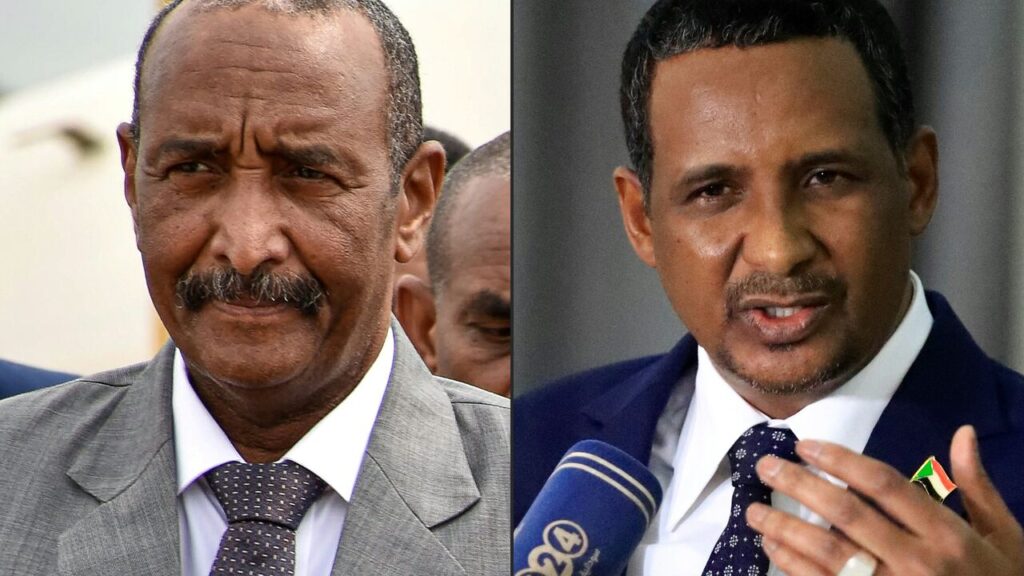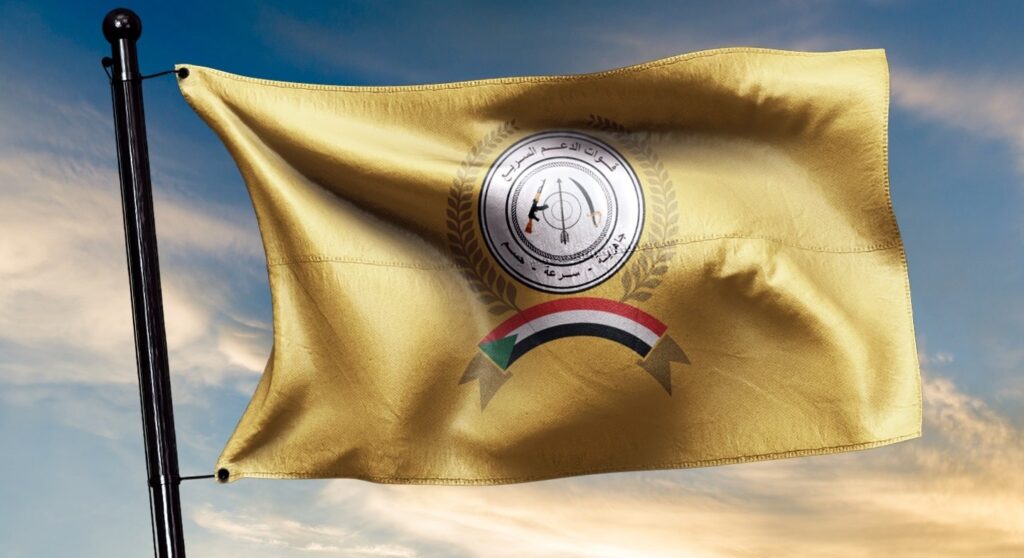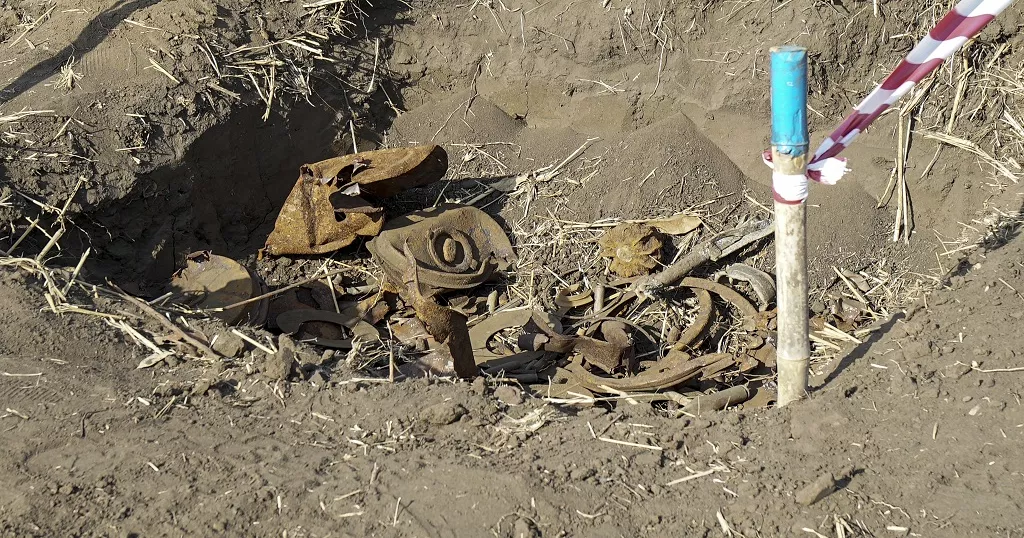
In a dramatic sign of Sudan’s institutional disintegration, three senior members of Khartoum’s mission to Ireland—including the ambassador—have formally applied for political asylum rather than return to their war-torn homeland.
Who defected?
- Ambassador Adel Banga: Completed his posting in Dublin and has relocated with his family to Belfast, where he filed his asylum claim.
- Omar Ork al-Din, First Secretary: Followed Banga’s example “a few months later,” according to embassy sources.
- Mohamed Musa, Consul: Submitted his application “several weeks ago,” bringing the total number of defectors to three.
Why now?
All three diplomats cite “institutional collapse and personal security concerns” if they return to Sudan, where rival armed factions have been fighting for control since April 2023. Their decisions also come amid a deeper crisis in Sudan’s foreign ministry: the Port Sudan-based junta, formed after the General al-Burhan’s army’s (SAF) retreat from Khartoum, still lacks broad international recognition.
Adding a political wrinkle, both Ork al-Din and Musa appeared on Empowerment Removal Committee lists during Sudan’s 2019–2021 civilian transition—a signal that internal purges and factional score-settling may still shadow their careers.
Diplomatic analysts say the defectors’ high rank underscores “a catastrophic loss of confidence” inside the ministry, even among officials previously aligned with the former Islamist regime. With fighting still raging and state institutions splintering, observers predict more defections from embassies “in the coming months.”
Broader implications
- International standing: Each asylum bid highlights the Port Sudan government’s failure to demonstrate stability or protect its own envoys abroad.
- Consular paralysis: Embassy functions—passport renewals, visa services—are likely to halt, stranding Sudanese nationals across Europe.
- Precedent effect: Similar asylum moves have been reported since at least late 2024, when Banga first signalled reluctance to return home.
What happens next?
Irish authorities typically process political-asylum requests within 12–18 months. If granted, the diplomats would lose their diplomatic status, but they—and their families—would gain the right to remain in Ireland, seek employment, and eventually apply for long-term residency or citizenship. Sudan’s foreign ministry has not commented publicly; given the state’s fragmentation, observers doubt any coordinated response is forthcoming.
For Sudanese diplomacy, the triple defection is less a surprise than another data point in a rolling collapse: when envoys posted to safe, prosperous Ireland choose exile over duty, the message is unmistakable—even the flag-bearers no longer believe the state can protect them.




